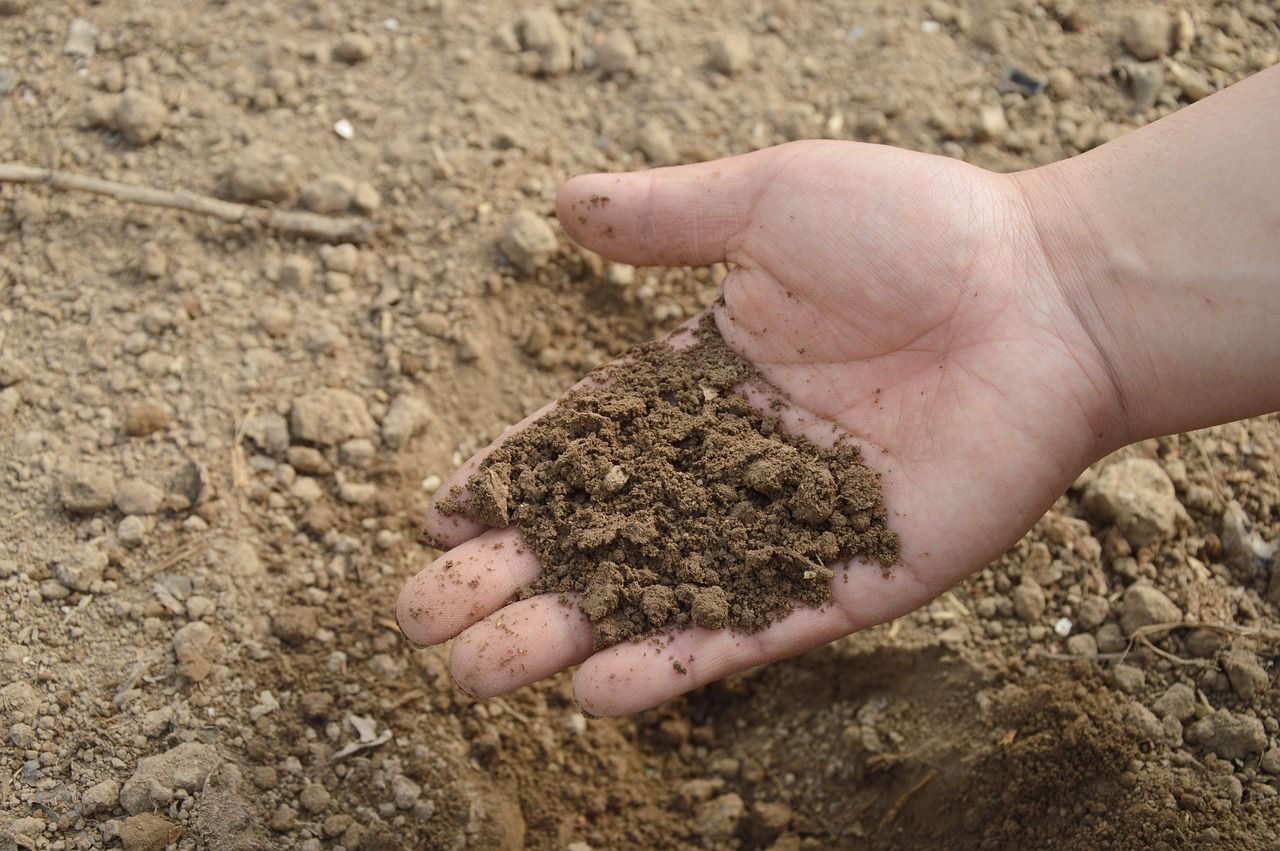If you want your garden plants to thrive, then you need fertilizers - and you're free to choose between chemical and biological ones.
Bacterial fertilizers can help you improve your soil quality while harming neither plants nor the environment, and that's why they're great.
Let's learn more about them and why they are great.
What are bacterial fertilizers?
Bacterial fertilizers, also known as biofertilizers, are special types of fertilizers made up of helpful bacteria.
These bacteria are good for plants and soil.

Nutrient Production
Bacterial fertilizers contain bacteria that can take nitrogen from the air and turn it into a form that plants can use.
This helps plants grow better because nitrogen is a vital nutrient for them.
Natural Pest Control
Some bacterial fertilizers have bacteria that can protect plants from harmful pests and diseases.
These friendly bacteria can outcompete the bad ones, keeping plants healthier.
Enhanced Nutrient Uptake
Bacterial fertilizers can improve how plants absorb nutrients from the soil.
This means plants get more of the food they need to grow big and strong.
Eco-Friendly
Using bacterial fertilizers can reduce the need for chemical fertilizers, which can harm the environment if used too much.
Bacterial fertilizers are more eco-friendly and sustainable.
Improved Soil Health
Bacterial fertilizers help make the soil healthier by adding beneficial microorganisms. This leads to better soil structure and fertility over time.
Cost-Effective
In the long run, using bacterial fertilizers can save money because they reduce the need for expensive chemical fertilizers and pesticides.









